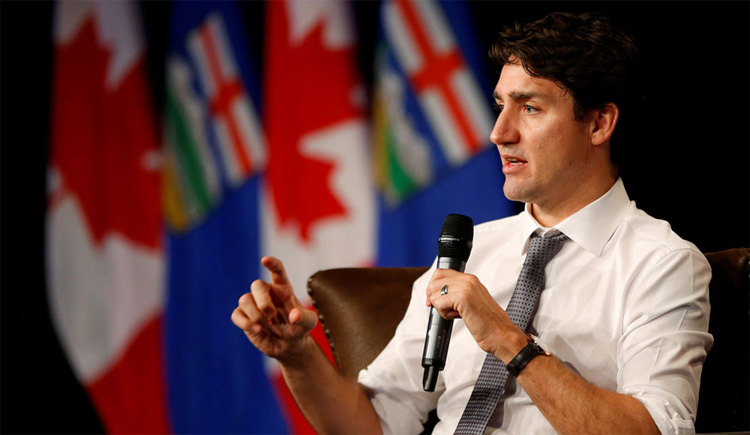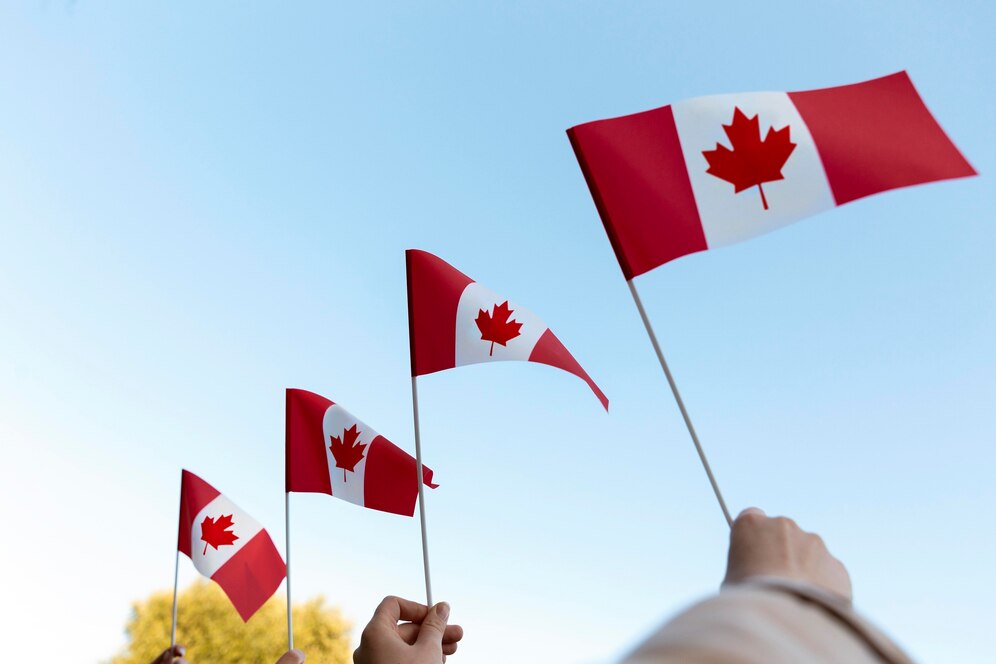Canada is getting tough on immigration fraud, particularly when it comes to international students. The Immigration Minister, Marc Miller, wants to make sure that students who come to study in Canada are genuine and not using fake documents. Here’s what’s happening in a nutshell:
Why Canada Attracts International Students
Canada is known for its welcoming and inclusive atmosphere, high-quality education system, and opportunity for international students to obtain work permits during and after their studies. These factors make it a desirable destination for students from around the world.
The Problem of Fraud
While Canada’s openness is an asset, it has also made it vulnerable to fraudulent activities. Some individuals exploit the system by using counterfeit documents to secure admission to Canadian educational institutions. This not only jeopardizes the integrity of the Canadian immigration system but also poses risks to the country’s security and reputation.
The Need for Verification
In response to this challenge, Canada is taking decisive steps to enhance the verification process for international student admissions. These measures are aimed at ensuring that students admitted to Canadian institutions are genuine and meet the necessary requirements.
Verification of Acceptance Letters
Starting from December, all post-secondary educational institutions in Canada will be obligated to independently confirm the authenticity of each student’s letter of acceptance directly with Canadian immigration authorities. This verification process will act as a safeguard against the submission of fraudulent or counterfeit documents.
Recognized Institutions
Canada is also in the process of establishing a system of “recognized institutions.” These are educational institutions that go the extra mile to provide better services, housing, and support to their international students. Being on this list will have benefits, including faster processing of student permit applications for students attending these institutions.
The Significance of These Changes
Canada relies on immigration to fuel its economy and provide support for its aging population. By maintaining a fair and trustworthy immigration system, the country can continue to attract a diverse range of skilled individuals and students. This influx of people contributes significantly to the country’s economic growth and job creation.
The Numbers Speak Volumes
In 2022, there were over 800,000 foreign students with valid visas in Canada, highlighting the country’s popularity as an educational destination. The expectation of around 900,000 more students arriving in 2023 underscores the importance of having robust mechanisms in place to prevent fraudulent admissions and ensure that international students have a safe and enriching experience during their stay in Canada.
In summary, Canada’s commitment to enhancing the verification of international student admissions is not just about protecting its immigration system; it’s about maintaining the integrity of its education sector and continuing to welcome students from around the world to contribute to the country’s growth and prosperity. These measures will benefit both genuine students and the nation as a whole.



